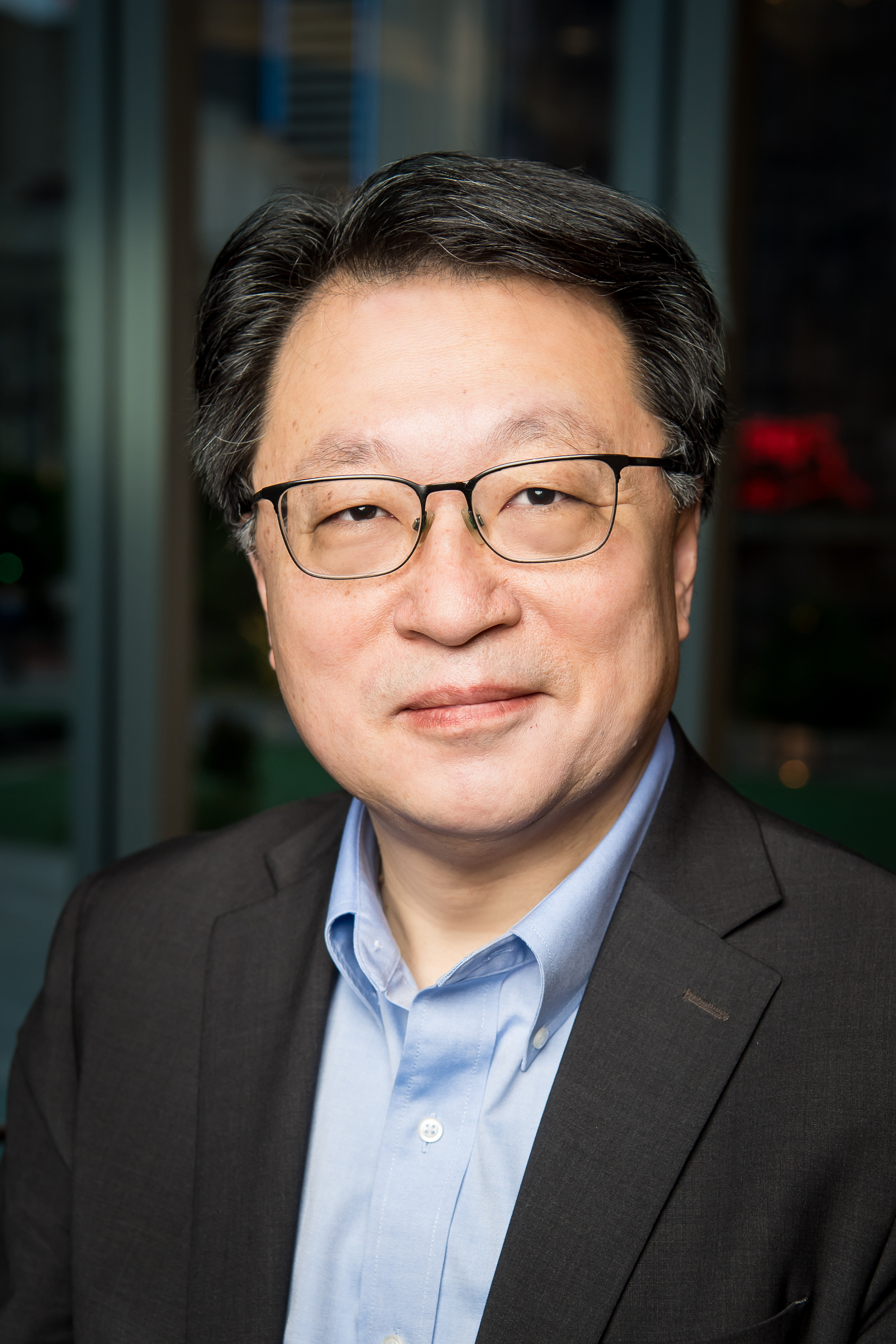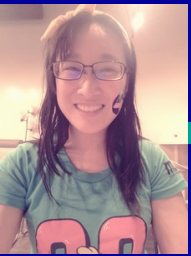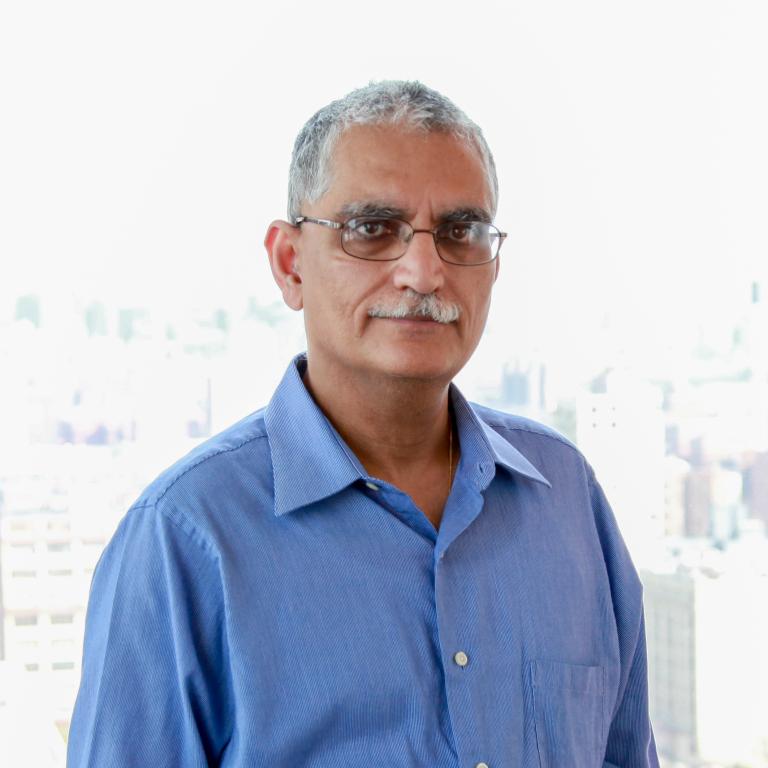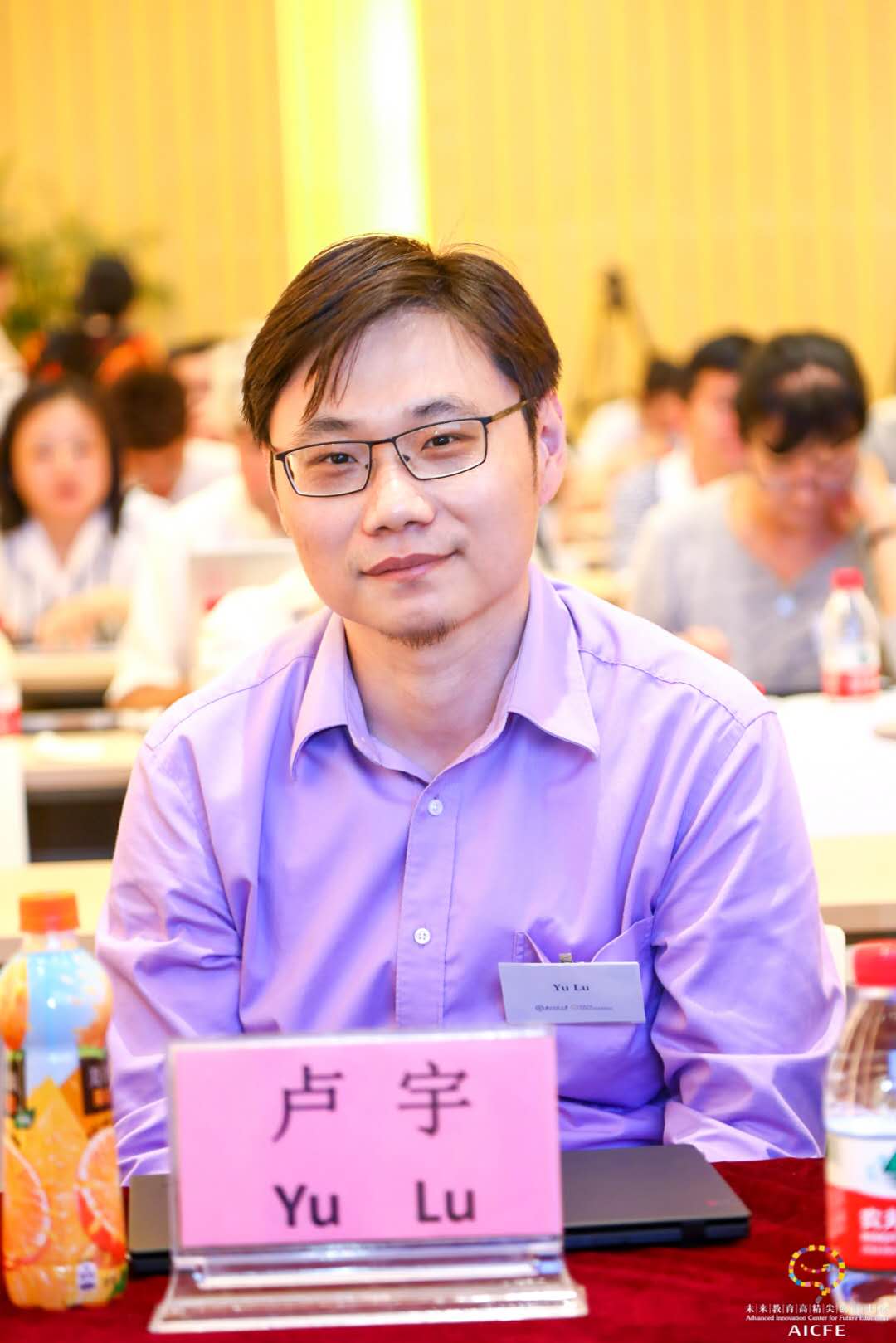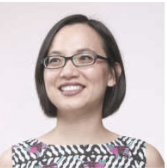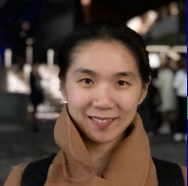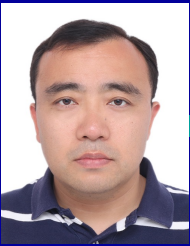Vikram Kapila is a Professor of Mechanical and Aerospace Engineering. He directs a Mechatronics, Controls, and Robotics Laboratory and has held visiting positions with the Air Force Research Laboratories in Dayton, OH. His current research is focused on the convergence of frontier technologies (e.g., robotics, artificial intelligence, augmented/virtual reality, and blockchain) with applications to natural and intuitive human-robot interaction, digital health, and STEM education. Under the Research Experience for Teachers Site, GK-12 Fellows, DR K-12, and ITEST projects, all funded by NSF, and the Central Brooklyn STEM Initiative, funded by six philanthropic foundations, he has conducted significant K-12 education, training, mentoring, and outreach activities to integrate engineering concepts in science classrooms and labs of dozens of New York City public schools. His STEM education research, conducted as a collaborative partnership involving engineering and education faculty, postgraduate and graduate researchers, and K-12 educators, has: (1) created, implemented, and examined over 100 standards-aligned robotics-based science and math lessons and (2) developed, practiced, and examined research-guided pedagogical approaches for science and math learning using robotics. He received NYU Tandon’s 2002, 2008, 2011, and 2014 Jacobs Excellence in Education Award, 2002 Jacobs Innovation Grant, 2003 Distinguished Teacher Award, and 2012 Inaugural Distinguished Award for Excellence in the category Inspiration through Leadership. Moreover, he is a recipient of the 2014-2015 University Distinguished Teaching Award at NYU. His scholarly activities have included 3 edited books, 10 chapters in edited books, 1 book review, 67 journal articles, and 170 conference papers. He has mentored 6 research associates; 1 B.S., 45 M.S., and 10 Ph.D. thesis students; 66 undergraduate research students and 11 undergraduate senior design project teams; over 500 K-12 teachers and 130 high school student researchers; and 18 undergraduate GK-12 Fellows and 59 graduate GK-12 Fellows.

